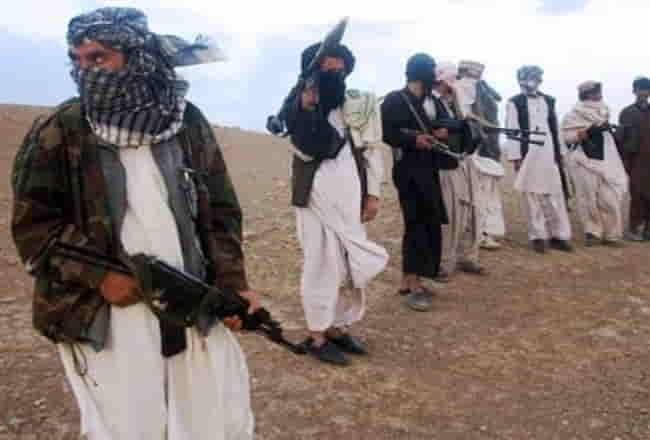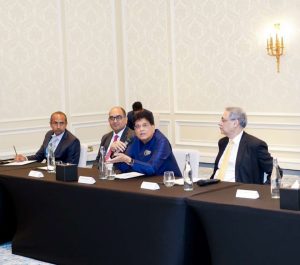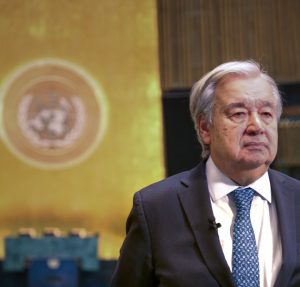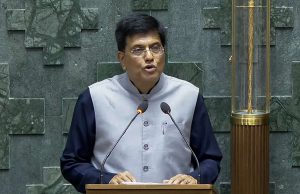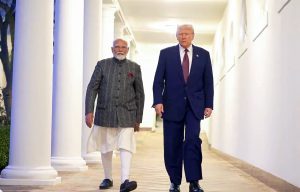Creating a range of new vulnerabilities even Even after the effective US withdrawal from the region in 1989, Pakistan relied on the principle of “positior their own country…reports Asian Lite News
Pakistan’s policy for over half a century in pursuit of strategic depth while planning for the recent invasion of Afghanistan has culminated in several years of diversionary diplomacy resulting in Pakistan’s generals managing to re-install their proxies at Kabul, says a recent analysis.
Creating a range of new vulnerabilities even Even after the effective US withdrawal from the region in 1989, Pakistan relied on the principle of “positior their own country, Pakistan during this entire period, which included US withdrawal from the region in 1989 and the presence of Western troops from 2001 to 2021, the US has misread Pakistan’s strategic intent.
Chris Alexander, a former Cabinet Minister, Member of Parliament, and diplomat from Canada wrote in European Eye on Radicalization that after Pakistan’s defeat by India in conventional warfare in 1971 led their military establishment to rely increasingly on a policy of “strategic depth” by w542ich they would seek to dominate their western flank by irregular warfare, support for terrorism and “global jihad.”
He added that the strategic focus of this policy has been Afghanistan for fifty years.
In doing so, the US has done its own national interest enormous harm, while undermining the confidence of NATO allies. By failing to see the forest for the trees, and by postponing a reckoning with Pakistan over these threats to international peace and security, Biden and his three predecessors since 9/11 have disoriented the US and key allies on an issue of great strategic importance.
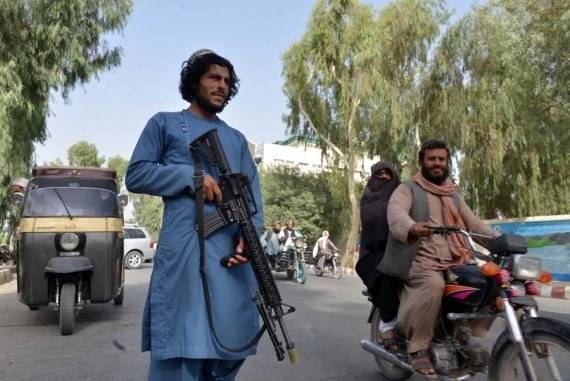
“For one decade of this half century, Pakistan had the US as a strategic ally and source of funding as it engaged in irregular warfare through proxies against the Soviet occupation of Afghanistan. For two more decades of this half century (from 2001 to 2021), Pakistan controlled the principal ground and air lines of communication and supply for US forces based in Afghanistan, effectively preventing any concerted effort either fully to map or to end Pakistan’s support for groups fighting US and Afghan forces,” Chris who was the first resident Canadian Ambassador to Afghanistan said.
He added that in other words, even while providing comprehensive support to leading terrorist groups, Pakistan’s military has considered itself and remained a de facto strategic US ally for most of the period it has been waging its proxy war in Afghanistan.
Even after the effective US withdrawal from the region in 1989, Pakistan relied on the principle of “positive symmetry” laid out by Secretary of State George Schultz in a letter to his Soviet counterpart on 30 March 1988 to justify its continuing military support for the Mujahidin, Al-Qaeda, the Taliban, and other proxies fighting in Afghanistan.
Stating that Pakistan’s support for the Taliban and other proxies led to the death of approximately 3,500 US, other NATO, and partner military members over the twenty years after 2001, the author noted that the US failed to see the forest for the trees.
“US policy consistently pursued incremental change with Pakistan without tackling strategic realities. In particular the U.S. approach to Pakistan failed on three levels: (1) it under-estimated the determination of Pakistan’s military to orchestrate the Taliban’s return to power in Afghanistan; (2) it did not assess the creation of Tehrik-i-Taliban Pakistan (TTP) in late 2007 and the Islamic State Khorasan Province (ISKP) in 2014 as means to this end; and (3) it overlooked the influence of a small group of ideologically-committed generals,” he said further.
Meantime, after concluding that the US was sufficiently distracted by the impending invasion of Iraq, Pakistan’s military leaders made a strategic calculation to restart military operations in Afghanistan.
The Iraq invasion commenced on 19-20 March. One week later, Swiss-Salvadorean International Committee of the Red Cross (ICRC) delegate Ricardo Munguia was killed in Afghanistan’s Oruzgan province on orders from Mullah Dadullah Akhund, the Taliban commander in southern Afghanistan. Over the remainder of 2003 and beyond, the Taliban military offensive in the south escalated swiftly, the analysis said. (ANI)


